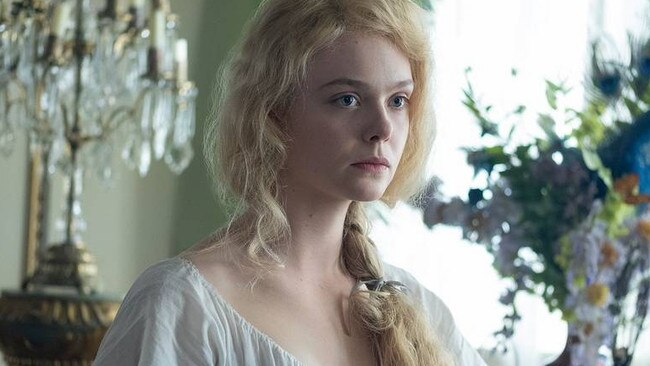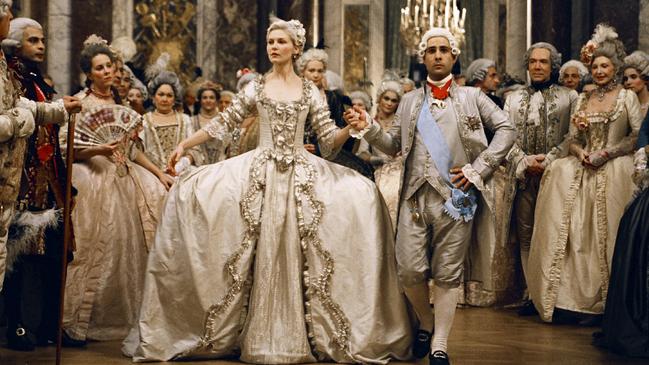How ’occasionally true’ TV became the binge genre of isolation
Take some rococo opulence, add a few good looking actors, remove any trace of the scummy reality of life in the 1700s, and you have The Great, the latest offering in ‘occasionally true’ television, writes Katy Hall.
How much of a series needs to be based on reality for people to fall in love with it?
While Game of Thrones is about as far from historical fact as you can get, The Crown nails finer points of the British monarchy’s story down to the very last corgi. Both are runaway successes in their own right. The latest genre trend, however, sits somewhere in between.
As its tagline suggests, The Great is only “an occasionally true story.” But it’s this formula of stretches of satire punctured with granules of accuracy that makes the series so, well, great.
Based ever so loosely on Catherine the Great’s ascension to the throne of Russia in the 1760s, The Great is as much about poking fun at the over-the-top rococo opulence of the time as it is a study on the turbulent history of strong women and their quests for power.
In reality, Catherine the Great had been married for 15 years, given birth to two children, and was 32 by the time she began her plans to usurp her husband and his seat.

In the televised version of her story, though, Catherine is a romantic and naive 19-year-old, newly arrived to Russia and hastily married off to the alcoholic cross-dressing Emperor Peter, who, in addition to having serious parental hang ups, loves to shag everyone who is not his wife.
Oh, and did I mention Catherine’s lover – gifted to her by the Emperor after he punched her in the stomach and shot the pet bear he’d gifted her as a wedding present – is attributed to inventing the word “wow” to describe a particularly good session in the bedroom?
The aim of The Great, writer Tony McNamara explained in a recent interview, isn’t so much to be a stickler for details, but “to include tent poles of things that were true” in order to allow the gist of the true story to shine through and provide a new perspective on what one of the greatest rulers in history really thought, believed, and stood for.

“It’s not a history lesson, but we owe a certain loyalty to our idea of her and what she meant,” McNamara said.
This style of inaccurate history telling is one McNamara also had huge success with in his 2018 film on the life of Queen Charlotte, The Favourite. And director Sophia Coppola also took on the not-quite-accurate trend with her 2006 film, Marie Antoinette, in which Kirsten Dunst challenged the image of the French Queen as a champagne swilling, heartless cake fiend we tend to think of, and instead presented a complex and misunderstood victim of her environment that was always doomed to fail.
In including the tent poles of truth, (a loveless marriage between two aristocrats, Catherine’s fight for a more ‘European’ Russia) and leaving out the less glamorous aspects of life in the 1700s (poor dental hygiene, slave ownership and a lack of modern medicine), The Great provides an insight into a period of history we’d likely otherwise know little about.
And as my grandmother always used to say, never let the truth get in the way of a good story. Or in this instance, a great one.
Katy Hall is a columnist for RendezView.com.au
